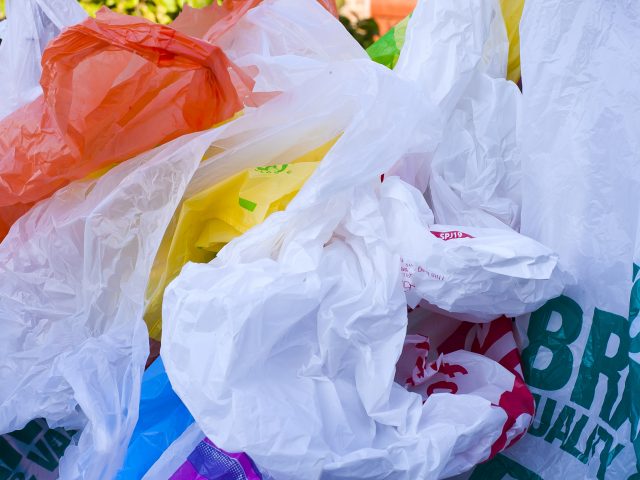
Took Malawi a while to follow into the footsteps of Kenya in banning the use of plastic bags, in a move to prevent further environmental pollution.
Environmentalists in Malawi will forever put a smile on their faces, after the supreme court ruled in favor of a ban on plastic, upholding a 2015 government bar on producing, distributing and importing thin single-use plastics typically used in packaging and wrapping. A seven-judge panel of the Supreme Court of Appeal threw out a challenge by plastic manufacturers to stop a ban introduced four years ago.
According to the court, plastic bags are an environmental hazard as they take a long time to decompose despite their thinness. Continued use of the plastics will from now on attract fines, closure of factories and seizure of the prohibited products, said the court.
Environmentalists argue that the costs of plastic pollution for municipalities, fisheries, agriculture, tourism, and human health far outweigh the cost of prohibition. Plastic being non-biodegradable meant, banning its usage is a long term solution.
“Public, political, and scientific opinion has long been in consensus on the issue of thin plastics, and I am delighted that Malawi now joins a progressive international community standing up for their natural heritage,” said Lilongwe Wildlife Trust Chief Executive Officer.
Plastic manufacturers in Malawi produce an estimated 75,000 tonnes of plastic per year, of which some 80 percent is single-use plastic, according to the Lilongwe Wildlife Trust. The industry has been crying out loud claiming that 5,000 jobs could be lost because of the ban with at least a dozen companies obtaining an injunction against implementing the ban, arguing that it infringed on their business rights. But the court must have looked at the bigger picture.


